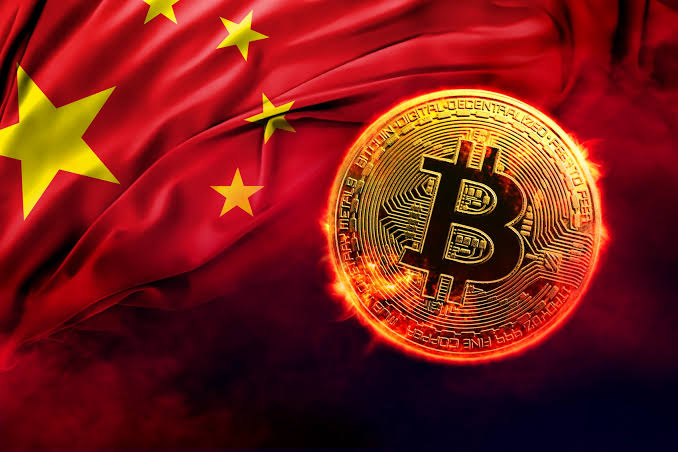The goal of the General Administration of Press and Publication of China (GAPP) is to limit the range of activities associated with in-game tokens.The GAPP released a draft of its rules for the online gaming business on December 22. It recommended that the exchange of game tokens for legal cash and the purchase of tangible items be outlawed.The 62 Articles in the guidelines address a wide range of topics pertaining to the control of online gaming.It suggests more stringent rules, such as requiring the companies to get a license in China, storing client data for up to two years, making sure their material fits with a list of socialist and national values, and eliminating the option for users to register anonymously.
The usage of game tokens is governed by Article 23.By substituting them for “products and services of other units” or “legal tender,” it seeks to outlaw the use of game tokens to purchase tangible commodities.The latter aspect raises questions because there is no explicit reference to “crypto” in the rules and cryptocurrencies are not accepted as legal money in China.Nonetheless, it seems the GAPP is attempting to shield virtual game economies from closer interaction with the actual economy.Additionally, the standards forbid game developers from providing inducements to play, including daily login bonuses or signup bonuses.It is mandatory for providers to establish user recharge limitations and pop-up window alerts to alert consumers about their “irrational consumption behavior.”
The rules do not yet have legal force, they were released for public consultation.January 22, 2024, is the deadline for consultation.About a million distinct active wallets played Web3 games every day for the previous three months, according to DappRadar data. Yat Siu, co-founder of the gaming and venture firm Animoca Brands, told the press on December 17 that he believes this figure might rise by as much as $100 million the following year.


